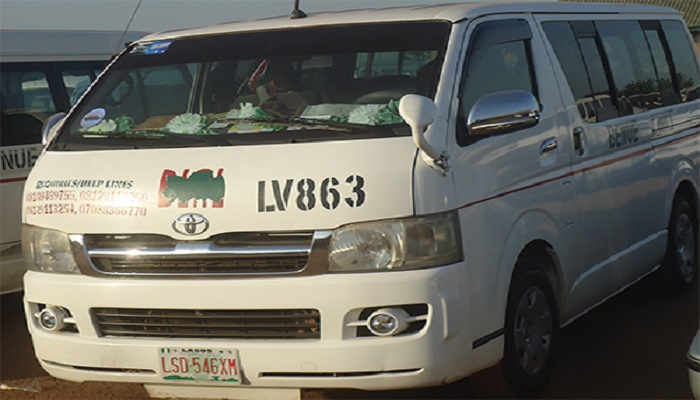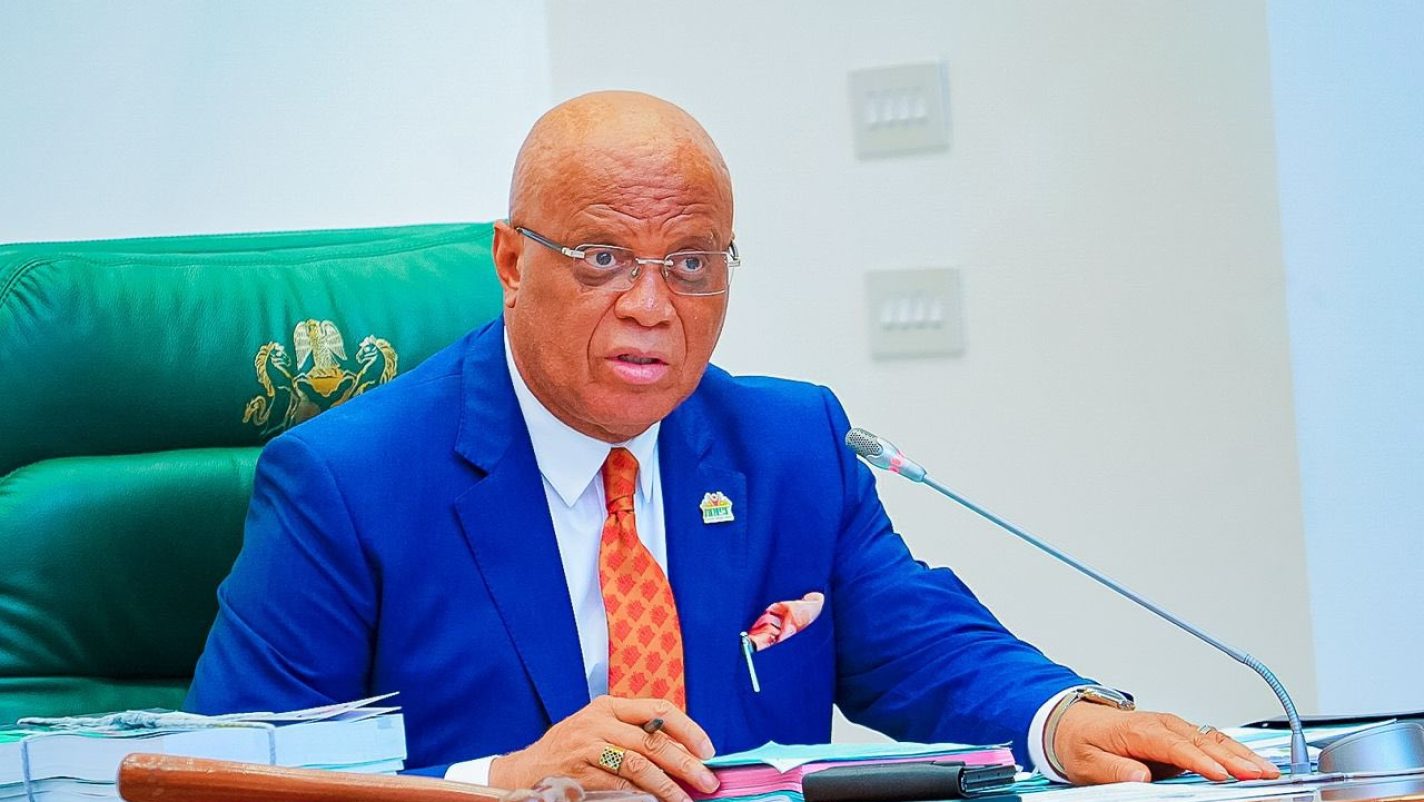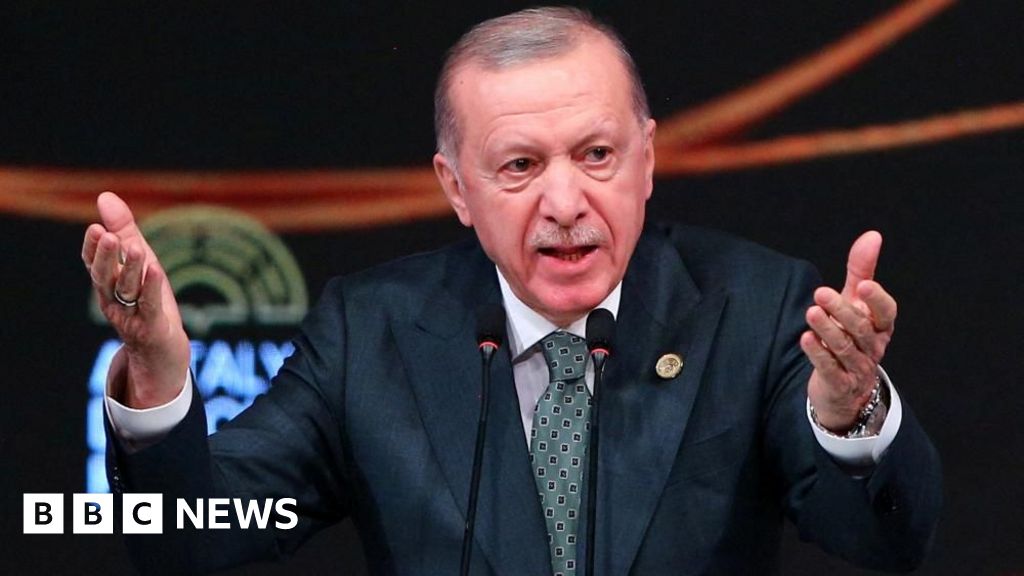Turkey arrests dozens including opposition party members
Rachel Muller-Heyndyk & BBC Turkish
Turkish authorities have ordered the arrests of dozens of people facing corruption allegations, including opposition party members, in Istanbul and the city of Adana.
The Istanbul Chief Public Prosecutor's Office issued detention orders for 47 people and detained 30. Others detained included local municipal mayors and Istanbul officials.
The operation is the fifth wave of arrests against the government's political opponents, starting with the jailing of Istanbul's mayor Ekrem Imamoglu, regarded as President Tayyip Erdogan's main rival in March.
Turkey's government has rejected claims of political interference, insisting the judiciary is independent.
Imamoglu sent a letter from prison to an opposition rally on Saturday, saying: "It is time to say "enough is enough" to this unjust and unlawful order."
"Now you are taking our district mayors with fictitious excuses. What will you do? Where will you stop? Are you going to throw 16 million Istanbulites in jail one by one?" he said in the letter.
Imamoglu is part of the Republican People's Party (CHP), who have been leading in many polls against Erdogan's Justice and Development Party.
He was jailed over charges of corruption and aiding a terrorist group. He has denied all charges.
His arrest triggered mass protests and arrests across Turkey. The Istanbul prosecutor's office has said 819 people arrested in protests will be tried in 20 criminal investigations.
Some 110 people were arrested in the first four waves of arrests under corruption allegations.
The fifth wave on Saturday consisted of four different operations in two cities. Municipal mayors, CHP party members and city officials were among those arrested.
CHP Party Assembly member Baki Aydöner wrote on X that he was in Ankara for a party meeting when his wife called and told him that the house was searched and there was a detention order against him. He said he was going to Istanbul.
The UN's human rights office said in March it was "very concerned" at the mass arrests, with Amnesty International at the time calling the detentions "draconian actions".











